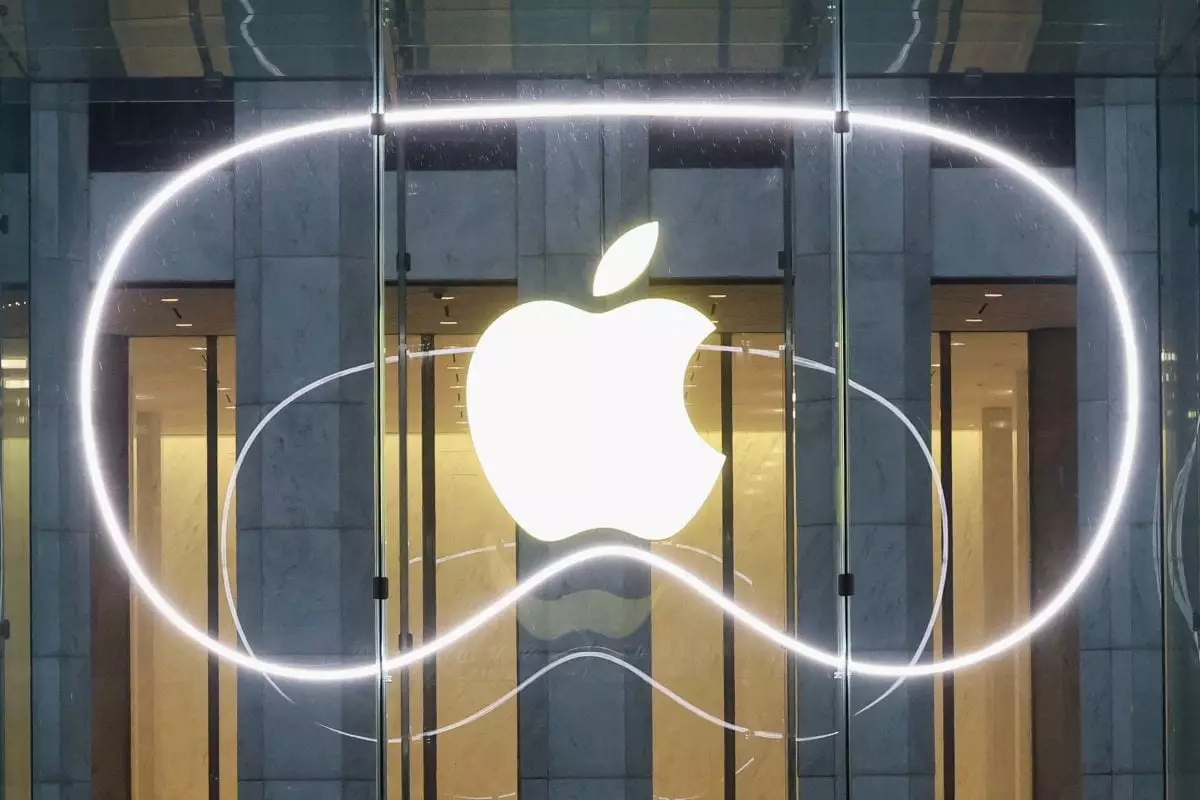The intersection of technology and labor rights is becoming increasingly fraught, as major companies such as Apple face scrutiny over their labor practices. Recent allegations from the U.S. National Labor Relations Board (NLRB) present a troubling picture of how a leading tech giant may be infringing upon the rights of its employees. With complaints alleging a range of violations, including retaliation against labor activists and limitations on social media usage, Apple finds itself at a crossroads that could redefine the landscape of employee rights within the technology sector.
The NLRB’s Accusations Against Apple
In a striking development, the NLRB has opened two separate complaints against Apple in just one month, signaling a more systemic issue regarding labor practices within the organization. The latest allegations accuse Apple of maintaining work rules that unlawfully restrict employees’ ability to communicate about workplace conditions, particularly through channels such as Slack—a messaging platform used extensively within the company during the COVID-19 pandemic. This ban on open dialogue raises questions about the company’s commitment to fostering a transparent and inclusive workplace.
A pivotal element of the NLRB complaint suggests that Apple has retaliated against employees who voiced concerns over working conditions. This includes the unlawful termination of Janneke Parrish, an employee who emerged as a vocal advocate for workplace reform. Parrish’s activities—ranging from advocating for remote work to highlighting issues of pay equity—underscore a greater movement among tech workers demanding fairness and accountability from their employers. By firing Parrish, the NLRB argues, Apple not only silenced a dissenting voice but also created an atmosphere of fear surrounding the expression of legitimate workplace grievances.
The implications of the NLRB’s findings extend beyond mere accusations; they point to a broader trend among corporations that seek to exert control over employee communication channels. By implementing strict rules governing the acceptable use of Slack and social media, Apple appears to discourage employees from discussing labor-related issues openly. While Apple claims its intention is to maintain a harmonious work environment, such restrictions inevitably hinder employee advocacy for better conditions.
The complaint claims that Apple mandated that discussions regarding workplace concerns should be funneled through managerial channels or a designated “People Support” group. Such policies could be interpreted as a blatant effort to stifle grassroots organization and limit the capacity for collective bargaining. Employees’ rights to organize and express concerns are fundamental to labor relations, and Apple’s policies may undermine these rights, infringing on what many see as a necessary avenue for employee empowerment.
In response to the NLRB’s claims, Apple has steadfastly defended its practices, articulating a commitment to maintain a positive workplace. The company’s assertion that it respects employees’ rights to discuss wage and working conditions echoes its broader narrative of employee engagement. However, the repeated legal challenges from the NLRB could call into question the sincerity of this commitment.
As the situation unfolds, the implications for Apple could be substantial, especially if the cases escalate to litigation. If an administrative judge rules against the company, the ramifications may lead to changes in corporate policies that promote transparency and employee engagement, impacting not just Apple but setting precedents across the tech industry.
The recent complaints against Apple mark a critical moment for labor relations in the tech sector. As workers increasingly seek to assert their rights and call attention to injustices, the reactions of major corporations will be closely watched. The NLRB’s actions represent more than just regulatory oversight; they reflect a growing awareness of the need for accountability in corporate environments. While Apple maintains its position, the outcome of these complaints will be pivotal in determining not only the company’s labor practices but also the broader landscape of employee rights in an industry that has traditionally prioritized profit over workforce welfare. For employees at Apple and beyond, the fight for fair treatment and open dialogue is far from over.

